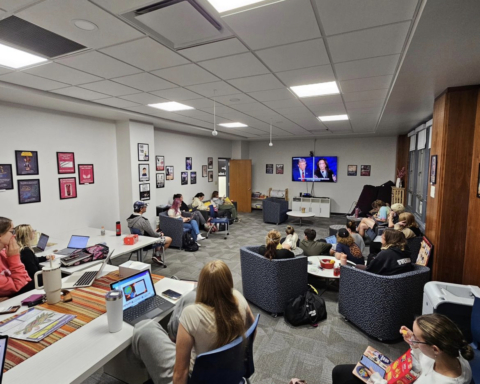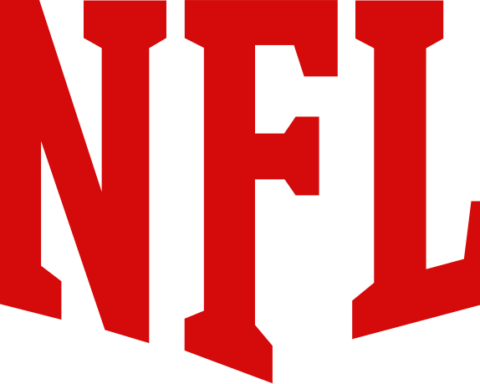By Taylor Nigrelli
Sports Editor
I see it on social media every Sunday during football games: fellow football fans complaining about penalties for hits to the head and showing a general lack of concern for player safety.
This is not very different from how many professional and college athletic organizations treated the issue for many years.
Between the NFL not admitting guilt in its ongoing concussion saga and countless scandals at the college level, it seems far too many are treating the issue of player safety with indignation.
So it’s refreshing to see St. Bonaventure treat the issue with at least mild concern.
Last week, former pro boxer Ray Ciancaglini spoke to a group of student-athletes about the dangers of head trauma.
Ciancaglini speaks from very personal experience; he was a boxer in Upstate New York in the late 1960s and 70s.
While fighting as an amateur, he returned to action too soon after a head injury. As a result, he eventually developed Dementia Pugilistica. This disease, common in boxers with undiagnosed concussions, causes declining mental ability, memory loss and symptoms of Parkinson’s Disease.
Ciancaglini now spends his days speaking to athletes of all levels and advising them to take precautions when it comes to head injuries. More specifically, he urges athletes to seek proper treatment if they experience concussion-like symptoms.
This is the message Ciancaglini delivered when he spoke to St. Bonaventure student-athletes last week.
The event was organized by Head Athletic Trainer Christopher Hobler. He didn’t require all student-athletes to attend, but strongly recommended that they did. Ciancalgrini spoke to a three-quarters-filled Dresser Auditorium, according to Hobler.
In a culture where winning and earning money for the university are valued above all else, it’s comforting to see St. Bonaventure prioritizing the health of their student-athletes.
The sports world is rapidly changing; the way we perceive head injuries is evolving. Their devastating effects are now better understood by those who study them.
The desire to compete and win at all costs is a noble trait. But it is not worth destroying an athlete’s future quality of life.
Ciancaglini’s advice should be heeded by anyone who steps on to any field of play. Anyone who has played a team sport knows how hard it is to sit out through an injury. You feel as though you’re letting your teammates down. You want to play. You have to play. You’d do anything to get back out on the field, pitch or court. Future brain condition is the farthest thing from the mind at that time.
This is precisely why it’s up to the adults – coaches, trainers, administration – to make sure each athlete understands what concussion symptoms are and how they can be treated.
Hobler should be commended for organizing this event, but it’s not enough yet; further action is needed. All athletes who participate in contact sports at the high school, college and professional levels should be required to listen to talks given by people like Ciancaglini.
Athletes do not exist just to appease the masses. They too are human. They too deserve to work and play in a safe environment.
We’ve seen the devastating effects improperly treated concussions can have on athletes. We’ve heard countless stories of memory loss, suicide and premature death.
This issue has been staring the world of sports in the face for the last few years. We know the penalty for inaction – the only question that remains is whether or not athletes, coaches and athletic administrations will be willing to sacrifice possible victory for improved safety.
I know St. Bonaventure will be, and that’s a damn good feeling.
Taylor Nigrelli is the Sports Editor of the Bona Venture. His email is nigreltn11@bonaventure.edu.







